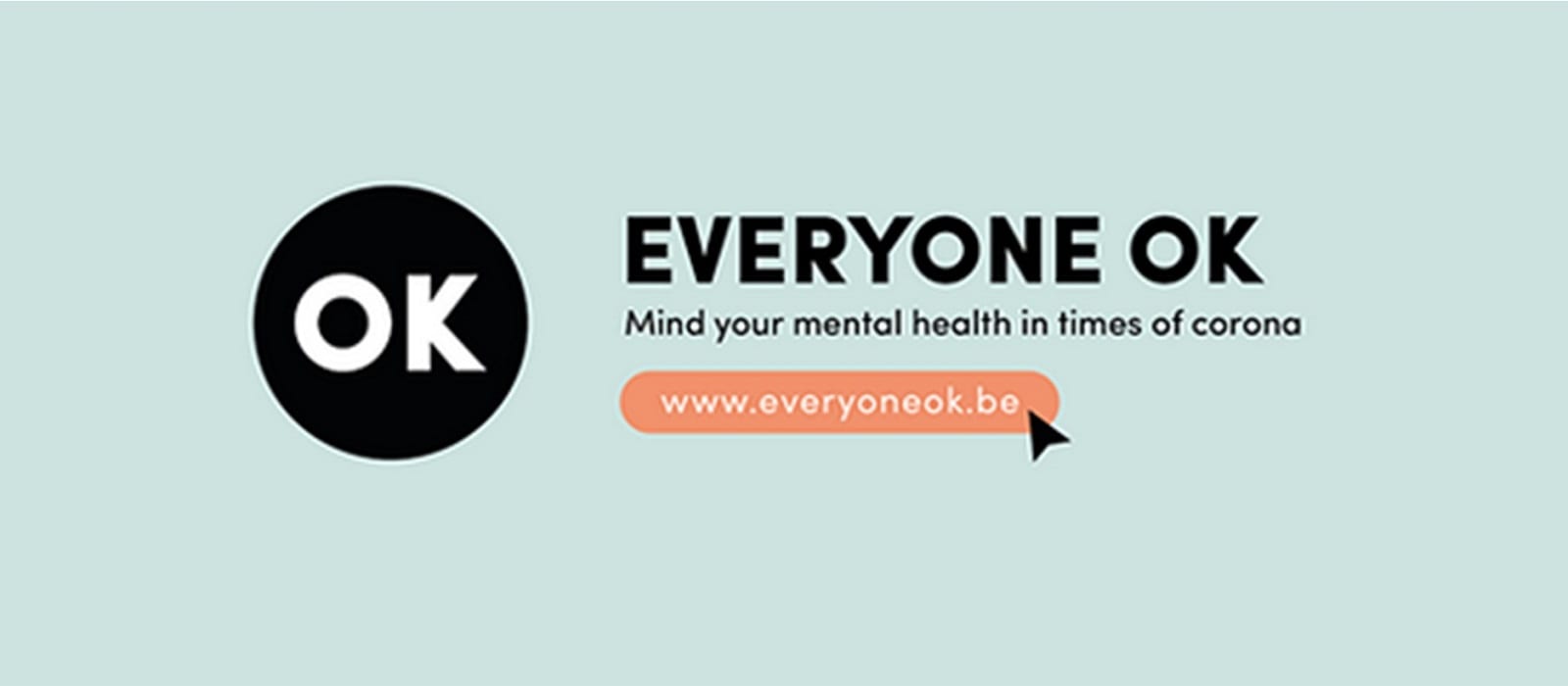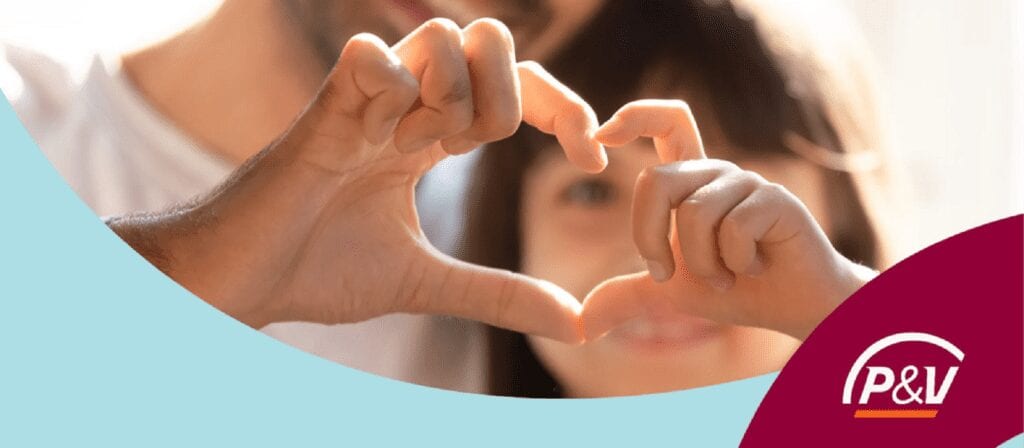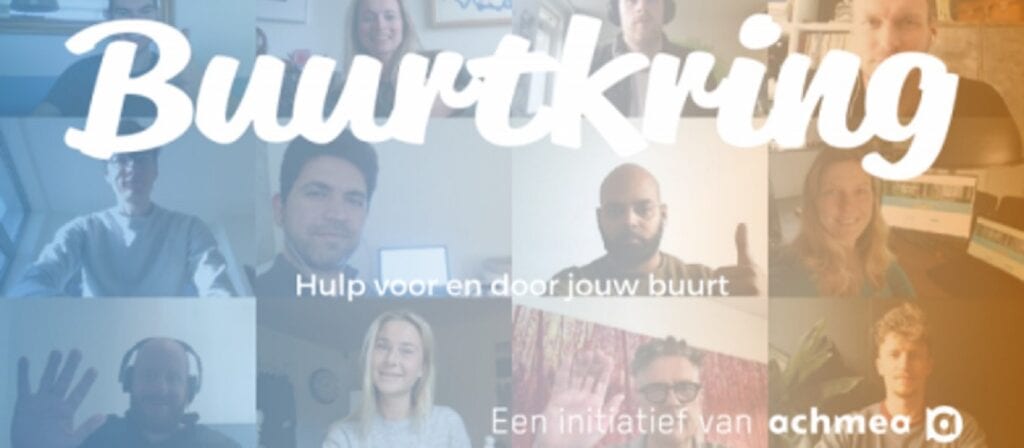The coronavirus lockdown being faced by many people around the world may slow down the spread of the virus, but after two weeks it may lead to symptoms of anxiety and even post-traumatic stress disorder. In response to this, Belgium ICMIF member P&V Group has supported the development of Everyone OK?, a free online psychotherapeutic intervention tool that lowers stress levels and identifies serious mental health problems.
The intervention tool is an initiative of the Ally Institute, headed by Prof. Elke Van Hoof, a clinical psychologist and an authority in the fields of stress, burn-out and trauma. Van Hoof has been guiding people suffering from stress for more than 20 years.
‘As a trauma psychologist, it’s my job to guide people through difficult times,’ Prof. Van Hoof comments. ‘My mission with this remote intervention is to guide as many people as possible and help them find emotional calm in this psychologically very stressful period.’
With Everyone OK? the Ally Institute has developed a digital intervention tool that helps people to overcome the emotional turmoil and restore calm and balance. The project came into being with the support of the P&V Group, a Belgian cooperative insurance group that offers its insurance solutions through the P&V and Vivium brands.
Sophie Misselyn, Member of the Executive Board of P&V, said: ‘The P&V Group espouses values such as solidarity, cooperation and proximity, and is heavily involved in all aspects of social life. Based on its mission, it has worked for many years on prevention, including mental well-being. It therefore supports this platform, which can help people through this stressful period to find calm and balance, but can also offer something to hold onto in other crisis situations. In addition, it can help employers in providing mental support to their employees in this exceptional period.’
A lockdown may slow the spread of the coronavirus, but also has a great psychological impact. A study in the medical journal The Lancet shows that the consequences of lockdown coincide with symptoms we also see in stress-related disorders: anxiety, irritability, difficulty concentrating, depressive symptoms and sleep problems. Day 14 is found to be the tipping point: daily routines such as going to sport clubs and family visits cease, and boredom sets in. The lack of social contact, loneliness and the sense of isolation involve a lot of stress.
‘If connectedness with other people is lost for an extended period and the virus continues to rage with little prospect of improvement, symptoms of long-term stress can rise. This can develop into anxiety and post-traumatic stress,’ says Prof. Van Hoof, based on her 20 years of practical experience. ‘People who feel overwhelmed by anxiety or stress must tackle it as quickly as possible, and should find a route to help.’
The platform offers an intervention designed to do alone or together with other members of the family. The intervention is based on the R-TEP and G-TEP protocol of EMDR (Eye Movement Desensitisation & Reprocessing). EMDR is the golden standard for trauma processing according to the World Health Organisation (WHO), which considers the benefits of the treatment to be scientifically proven (‘evidence based, scientifically validated’).
The treatment will be sufficient to cause stress levels to fall and to prevent the risk of post-traumatic stress for 85% of users. The remaining 15% will be advised to contact their general practitioner.
Prof. Van Hoof: ‘As a trauma psychologist, it’s my job to guide people through difficult periods. My aim with this initiative is to help as many people as possible to work through the emotional turmoil of everyday life.’
The intervention takes approximately 90 minutes, divided into different phases: introduction, screening of the current situation, preparation, intervention and post-screening. The intervention can be performed alone or in a group and ensures that people feel less lonely and isolated and consequently will work through stressing factors more easily. Families will be stronger after the intervention. That way they can get through the expected period of lockdown in good mental health. The intervention can also be carried out individually.
The intervention can be consulted free of charge on the website www.everyoneok.be (available in English, French and Dutch).






